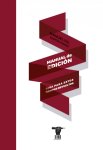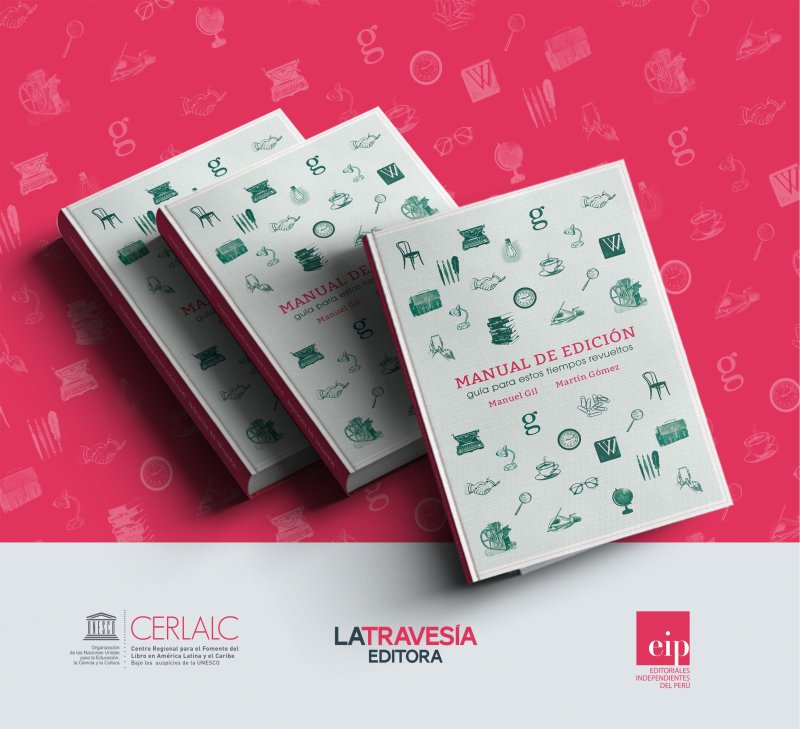
Feasibility study on the establishment of digital printing structures for independent publishers, by Gilles Colleu (November 2017)
Among the 80 recommendations of the International Assembly of independent publishers (2012-2014), independent publishers called on public authorities and international organisations to “contribute and support the establishment of in-country digital printers and printing facilities, on demand (including in sub-Saharan African) to promote access to books”.
The Alliance thus launched a feasibility study in 2016, on the establishment of digital printing facilities in sub-Saharan Africa and Madagascar. Above all, the aim was to find out whether digital printing is a relevant alternative, and on what conditions. To do so, the study surveys the needs of local professionals, and discusses the potentials and benefits as well as limitations inherent to digital printing, based on realities and practices of Francophone publishers from sub-Saharan Africa and Madagascar. Finally, it discusses the feasibility scenarios for the establishment of a digital printing hub.
By focusing on the technical aspect of digital printing as well as on the development potential in a Francophone African context, this study goes beyond a feasibility study and proposes reflection points on the economic and strategic models of independent publishing.
This study was supported by the International Organisation of Francophonie. A full version of the study is available to members of the Alliance.
For questions or comments, please contact the team of the Alliance.
Gilles COLLEU, author of the study
Former lecturer at the University Institute of Technology “Book Trade” in Aix-en-Provence, former Director of production and digital publishing for Actes Sud, Gilles Colleu established and manages, with Jutta Hepke, Vents d’ailleurs (La Roque d’Anthéron, France), member of the International Alliance of independent publishers. He co manages the digital printing hub Yenooa and incubator Rue des éditeurs and actively participates in the Digital Lab of the Alliance (tutorials, training).





















